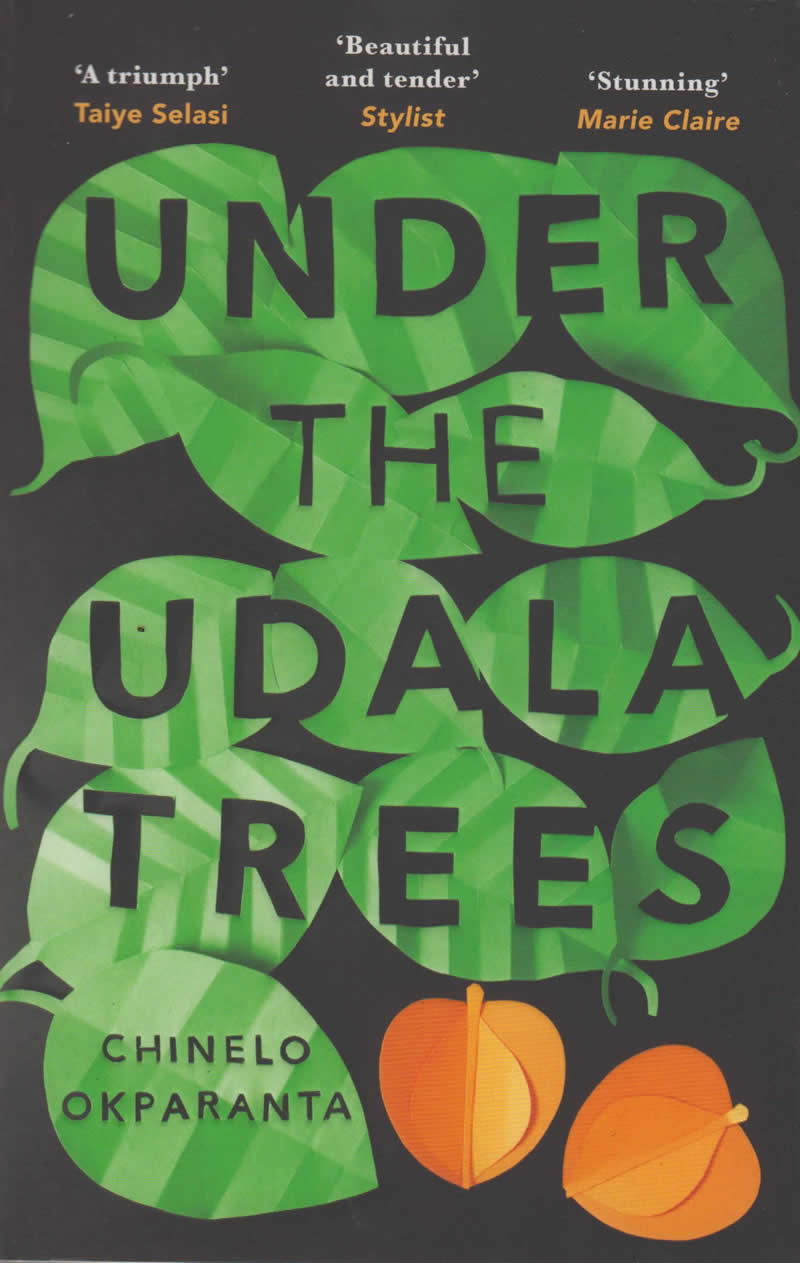


“This may indeed be the year 2000, but how African is it for a person to tell her family that she is homosexual?” Edward asked. The Zimbabwean and Tanzanian and white South Africans began to shake their heads as Edward was speaking.

looked at Ujunwa in the way one would look at a child who refused to keep still in church and said that he wasn’t speaking as an Oxford-trained Africanist, but as one who was keen on real Africa and not the imposing of Western ideas on African venues. To which Ujunwa, the protagonist – undoubtedly Adichie’s avatar here – asks: “Which Africa?” (108) 1 The remaining part of the scene indicates that the white scholar belittles both Ujunwa and the Senegalese participant, and looks down on them from his “Oxford-trained Africanist” status, despite his claiming that he speaks from the point of view of someone who knows Africa and who aims at preventing writers and intellectuals from using Western grids to analyse African texts: When the Senegalese participant reads the story she has written – with hindsight the reader understands the main character is a lesbian – Campbell “sa that homosexual stories of this sort weren’t reflective of Africa, really” (107-8). 1 It will be relevant within the scope of this article to address the role of writers in raising awar (.)ġIn Chimamanda Ngozi Adichie’s short story entitled “Jumping Monkey Hill,” published in the collection The Thing Around Your Neck (2009), an “African Writers Workshop” is organised by an English scholar, Edward Campbell, in South Africa.


 0 kommentar(er)
0 kommentar(er)
